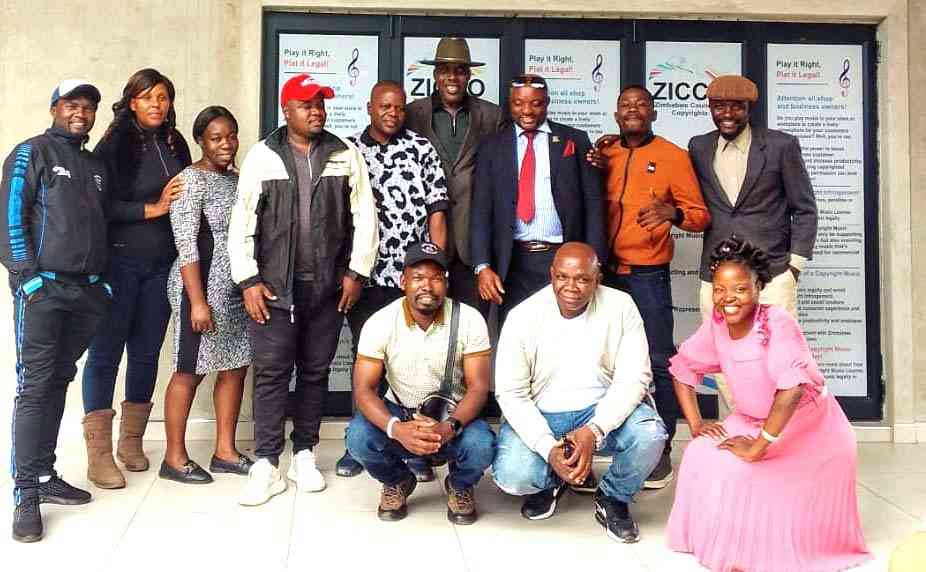
BATNA is an acronym for “Best Alternative To a Negotiated Agreement”. It is a term coined by Rodger Fisher and William Ury in their 1981 best-seller Getting to Yes: Negotiating Without Giving In. Fisher and Ury’s book is rich in insights and tools that can help individuals and organisations gain the confidence and skills necessary to negotiate effectively in any situation.
In negotiation lingo, BATNA is the option available to a party if current negotiations fail to yield a positive outcome. In effect, BATNA is the best alternative a party can hope to achieve in the event of a deadlock or impasse in negotiation — it is essentially a fallback position or “walk-away point”.
It is an answer to the question, “What will I do if negotiations fail?” or “What are my alternatives if this negotiation reaches a dead end?”
There are many examples of BATNA. For instance, when negotiating for a pay rise, having another job offer with a different employer at a comparatively higher rate of pay may be a powerful BATNA. In industry wage negotiations, embarking on collective job action can be a strong BATNA for a trade union. For employers, BATNA can be in the form of dismissing or locking out strikers. Going to court or compulsory arbitration would be a BATNA available to both parties.
Having a BATNA influences the way in which you conduct negotiations. It provides you with the ability to negotiate effectively. It gives you more negotiating power. Your BATNA, however, must be realistic — something you could and would really do if negotiation fails. Two examples will assist to illustrate the point.
On August 3 1981, nearly 13 000 US air-traffic controllers went on strike after negotiations with the federal government over wages, hours of work and benefits broke down. President Ronald Reagan took an uncompromising stand that day, declaring: “They are in violation of the law, and if they do not report for work within 48 hours, they have forfeited their jobs and will be terminated.” On August 5, true to his word, Reagan carried out his threat and fired 11 359 air-traffic controllers who had not returned to work. Not only that — on October 22, the air-traffic controllers’ union was officially decertified! Reagan had a BATNA and he went on to apply it. He did not bluff. His threat and follow-through is considered by many observers as the foundation for the subsequent legislative and diplomatic successes of his presidency.
Another example comes from US-Iraq relations. In a high-stakes gamble, the US threatened to bomb Iraq if it did not allow UN nuclear inspectors to do their work. A serious bluff and threat, wasn’t it? When Iraq did not concede, the US went on to implement its BATNA by bombarding the Middle East nation into submission.
As a caveat, however, bluffing or claiming to have a BATNA that doesn’t exist can be risky. The other party may call your bluff, with disastrous consequences for you.
- Chamisa under fire over US$120K donation
- Mavhunga puts DeMbare into Chibuku quarterfinals
- Pension funds bet on Cabora Bassa oilfields
- Councils defy govt fire tender directive
Keep Reading
It is important to note that your counterpart in negotiation also has a BATNA. Know their BATNA. If you can weaken their BATNA, you are at an advantage. If your BATNA is more attractive, you can set your goals higher and make fewer concessions.The better your alternatives, the more you can push for a more favourable agreement. On the contrary, if your BATNA is unattractive, you have less bargaining power. The worse your alternatives are, the more accommodating you are likely to be in negotiations. Power in negotiation comes from strengthening your own BATNA and weakening the options available to the other side.
BATNAs are an important negotiation tool. A party cannot make an informed decision about whether or not to accept a negotiated agreement unless they know what their alternatives are. In negotiations of whatever nature have a BATNA. That’s why it’s important to prepare thoroughly before you go into negotiations. Develop a list of actions you might conceivably take if no agreement is reached. Do the same for the other side — what are their alternatives if negotiations collapse? Negotiators who neglect preparation only do so at their own peril. An anonymous writer once said: “In any negotiation, the will to prepare is more important than the will to win.”
Isaac Mazanhi is a labour analyst. He writes in his personal capacity. He can be contacted on email: [email protected]











